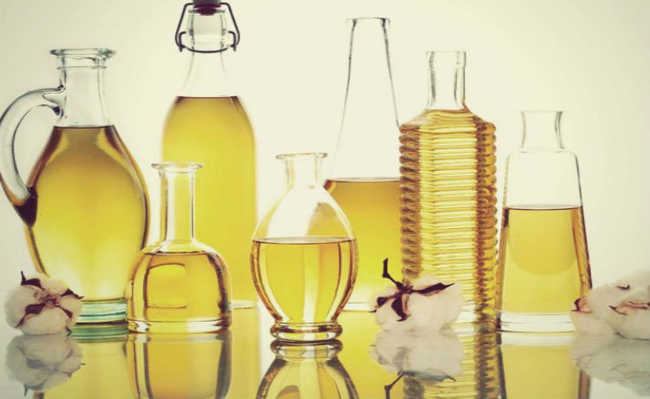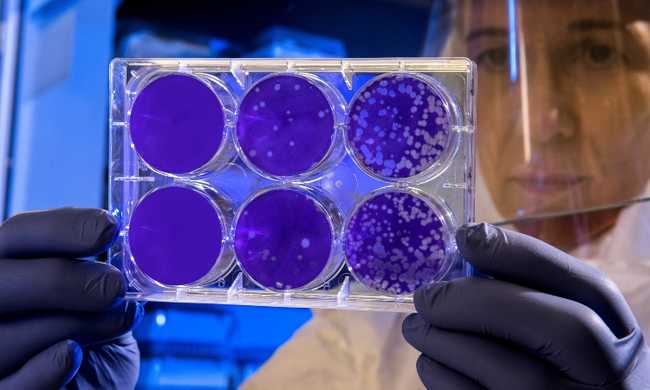What is tofu and what are its benefits
Tofu is a type of cheese made from soy, very rich in proteins and nutrients.

Devanath image by Pixabay
Tofu is a type of cheese made from soy milk. It originated more than 2,000 years ago in China, having appeared accidentally (at least as the legend says) when a Chinese cook mixed fresh soy milk and nigari (composed of magnesium chloride).
Tofu can provide significant health benefits, such as providing all essential amino acids (proteins), nutrients, preventing some types of cancer, and others.
But because it is made from soy, some people link the consumption of tofu with greater deforestation of forests, transgenics and the use of pesticides. However, most of the forest devastation caused by planting soy is a result of meat consumption, as producing animal feed requires a larger amount of soy than would be needed for direct human consumption, as in the case of tofu.
In other words, quantitatively and in terms of the food chain, if we were to replace meat consumption with tofu, the demand for land for planting and deforestation would significantly decrease.
In addition, it is still possible to cultivate organic soy (free of pesticides and transgenic) and agro-ecological. To better understand these themes, take a look at the articles: "What are transgenic foods?", "What is agroecology" and "What are pesticides?".
It is rich in nutrients and proteins.
Tofu is rich in protein and contains all the essential amino acids your body needs. It also contains fats, carbohydrates and a wide variety of vitamins and minerals.
A 100-gram serving of tofu, with just 70 calories, contains:
- Protein: 8 grams
- Carbohydrates: 2 grams
- Fiber: 1 gram
- Fat: 4 grams
- Manganese: 31% of the Recommended Daily Intake (RDI);
- Calcium: 20% of the IDR
- Selenium: 14% of the IDR
- Phosphorus: 12% of the IDR
- Copper: 11% of the IDR
- Magnesium: 9% of the IDR
- Iron: 9% of the IDR
- Zinc: 6% of the IDR
However, the amount of micronutrients can vary depending on the coagulant that was used in preparing the recipe. Tofu made with nigari, for example, is richer in magnesium.
- Magnesium: what is it for?
Tofu also contains antinutrients.
Like most plant foods, tofu contains several antinutrients, including:- Trypsin Inhibitors: These compounds block trypsin, an enzyme needed to properly digest proteins;
- Phytates: Phytates can reduce the absorption of minerals such as calcium, zinc and iron;
- Lectins: Lectins are proteins that can cause nausea and bloating when uncooked, undercooked, or overeating.
However, soaking, fermenting, or cooking soybeans can inactivate or eliminate some of these antinutrients.
Contains isoflavones
Soy contains natural plant compounds called isoflavones. These isoflavones function like phytoestrogens, which means they can bind to and activate estrogen receptors in the body.
This produces estrogen-like effects, albeit weaker.
The two main isoflavones in soy are genistein and daidzein, and tofu contains 20.2 to 24.7 mg of isoflavones per 100 gram (three gram) serving.
May reduce the risk of heart disease
One study found that a diet rich in vegetables, including soy, is linked to lower rates of heart disease.
According to another study, the isoflavones in tofu can reduce inflammation of blood vessels and improve their elasticity.
Another study found that supplementing 80 mg of isoflavones daily for 12 weeks improved blood flow in 68% of patients at risk for stroke.
Consumption of 50 grams of soy protein a day is also associated with improvements in blood fat levels and a 10% lower risk of heart disease, according to the study.
Furthermore, in postmenopausal women, high intakes of soy isoflavones are linked to improvements in body mass index, insulin levels and HDL cholesterol, according to research.
Tofu also contains saponins, compounds that also have protective effects on heart health.
Animal studies have shown that saponins improve blood cholesterol and increase the elimination of bile acids, which can help lower the risk of heart disease.
Helps prevent breast cancer
Research shows that women who consumed soy products at least once a week had a 48-56% lower risk of developing breast cancer (see studies about it here: 1, 2).
This protective effect is believed to come from isoflavones, which have also been shown to positively influence the menstrual cycle and blood estrogen levels (see studies about it here: 3, 4).
Soybean consumption during childhood and adolescence can be more protective, but this does not mean that eating it later in life is not beneficial (see study about it here: 5).
A survey showed that women who consumed soy products at least once a week during adolescence and adulthood had a 24% lower risk of developing breast cancer, compared to those who ate only soy in their teens.
It has been claimed that consumption of tofu and other soy products may increase the risk of breast cancer. However, a two-year study of postmenopausal women who consumed two servings of soy per day found no increased risk of breast cancer.
Other studies report similar results, including a review of 174 studies, which found no link between soy isoflavones and an increased risk of breast cancer (see the related studies here: 6, 7, 8).
Prevents cancer in the digestive tract
One study found that higher tofu intake is associated with a 61% lower risk of stomach cancer in men.
A second study reported a 59% lower risk of digestive tract cancer in women.
In addition, another review with 633,476 participants linked increased soy consumption to a 7% lower risk of digestive tract cancer.
Tofu and prostate cancer
Two study reviews concluded that men consuming greater amounts of soy, especially tofu, had a 32-51% lower risk of developing prostate cancer (see studies here: 9, 10).
A third review adds that the beneficial effects of isoflavones may depend on the amount consumed and the type of intestinal bacteria present.
Tofu can reduce the risk of diabetes
Studies done in cells and animals have shown that soy isoflavones may have benefits for controlling blood sugar (see studies here: 11, 12).
In a study of healthy postmenopausal women, 100 mg of soy isoflavones per day reduced blood sugar levels by 15% and insulin levels by 23%.
For diabetic postmenopausal women, supplementing 30 grams of soy protein isolate reduced fasting insulin levels by 8.1%, insulin resistance by 6.5%, LDL cholesterol (known as bad cholesterol) in 7.1% and total cholesterol in 4.1% (see study about it here: 13).
In another study, taking isoflavones a day for a year improved insulin sensitivity and blood fats, reducing the risk of heart disease.
Other potential benefits of tofu
Due to its high isoflavone content, tofu can also have benefits for:
- Bone health: studies suggest that 80 mg of soy isoflavones per day can reduce bone loss, especially in early menopause (14 , 15);
- Brain function: Soy isoflavones can positively influence memory and brain function, especially in women over 65 years old (16);
- Menopause symptoms: Soy isoflavones can help reduce hot flashes. However, not all studies agree (17, 18, 19, 20, 21);
- Skin Elasticity: Taking 40 mg of soy isoflavones daily significantly reduced wrinkles and improved skin elasticity after 8-12 weeks (22);
- Weight Loss: In one study, taking soy isoflavones for 8 to 52 weeks resulted in an average weight loss of 10 pounds (4.5 kg) more than in a control group (23).
Tofu can cause problems for some people
Eating tofu and other soy-based foods on a daily basis is considered safe. However, you need to moderate your tofu intake if:
- Kidney or Gallbladder Stones: Tofu contains a good amount of oxalates, which can aggravate kidney or gallbladder stones containing oxalate;
- Breast Tumors: Due to tofu's weak hormonal effects, some doctors tell women with estrogen-sensitive breast tumors to limit their soy intake;
- Thyroid issues: Some practitioners also advise individuals with poor thyroid function to avoid tofu because of its goiter content.










